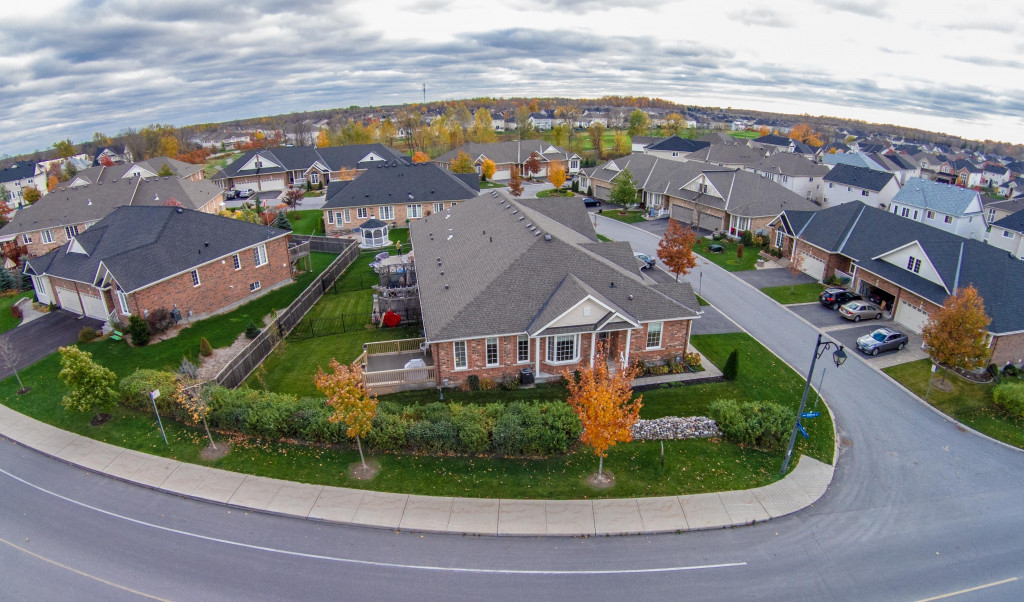Many people often take changing residences as a new chapter in their life, and for good reason. Moving to a new location can be the greatest change in your life or the worst one. This is especially true during your first few months or even an entire year.
How well you prepare before you move can have a lasting impact on your overall experience living there. To help you out, here are some examples of what you need to be aware of to ensure that your move will be a pleasant one.
Look Up the Average Cost of Living
Usually, the most viable locations will be expensive, as there’s competition and a higher density of professionals. Think of business districts that have a considerably higher price point. Are you moving to one, or are you moving to an exclusively residential area? Familiarizing yourself with the cost of living of possible locations you want to move to will help give you a clearer picture.
Find Out the Job Opportunities
If you’re moving for non-work-related reasons, then it’s best to either arrange for a better working format with your current job or start looking for job opportunities in the new location you’re moving to.
Look at the location’s major industries and get an idea of the types of jobs available. Should you have connections in that city, it’s best to talk to them for job openings to be ready once you’ve moved. Alternatively, arranging remote working options with your current company is a good idea as well.
Discover the Available Amenities
Different people would prioritize different amenities and services- so don’t forget to look for yours. See if there are fitness gyms, swimming pools, or sports centers nearby. And if there are, ask for their payment or membership schemes.
Look around and see what amenities are available. Are there parks, libraries, or cafes? How about bars and clubs for socialization? One might easily dismiss these as unimportant, but finding out that there’s none when you’ve already moved there can dampen your living experience.
Sort Out Your Insurance

Insurance is a must, regardless of what location you’re moving to. But remember that different locations would have different types of insurance for homeowners or sometimes even renters.
Find out what’s available in the proximity, and also the most common ones. Disaster-prone cities would often have you looking for insurance that covers natural disasters, like earthquakes or hurricanes. There will be times when you have to read the fine print to guarantee that your situation is covered, so it helps to have a keen eye.
Learn the Common Transportation Methods
Unless you have a car and are perfectly content with constantly driving it around, public transportation should be among your top concerns. Find out the best services and the fastest ways to get around.
With some research, you’ll find which trains or bus lines are reliable, and you’ll get an idea about their schedules. But even if you have a car, searching for parking options is a must. Even less crowded street avenues are a good thing to discover, so take the time to learn the city’s transportation system.
Safety and Crime Statistics
Crime is an unfortunate inevitability. Regardless of where you’re moving, there will be some degree of criminal activity. But it’s important to find out whether the statistic is enough to actually make you consider moving there.
Look into a city’s crime rate beforehand. Then make it specified, like which localities experience the highest number, and see whether it can affect the location you’re considering moving to. If you’ve already decided on a location but found that there are significant crime rates there, consider investing in a security system as it can be quite an effective deterrent.
Know the Nearest Facilities
Similar to knowing what amenities are available nearby, knowing what facilities are within the area is critical. Think of police stations, hospitals and clinics, and other similar establishments. This is of particular importance if you or someone in your family has health concerns.
You want to be able to have medical assistance conveniently. Some cities might seem good on paper but have rather out-of-the-way hospitals that make traveling the sick difficult. This also applies to schools or colleges. The last thing you want is to move to a cheaper location but suddenly find yourself spending more on traveling just to get to your school.
Preparing for your big move is like preparing to live better. By knowing as much as you can before you make your move, you’re poised to better enjoy the lifestyle change.



